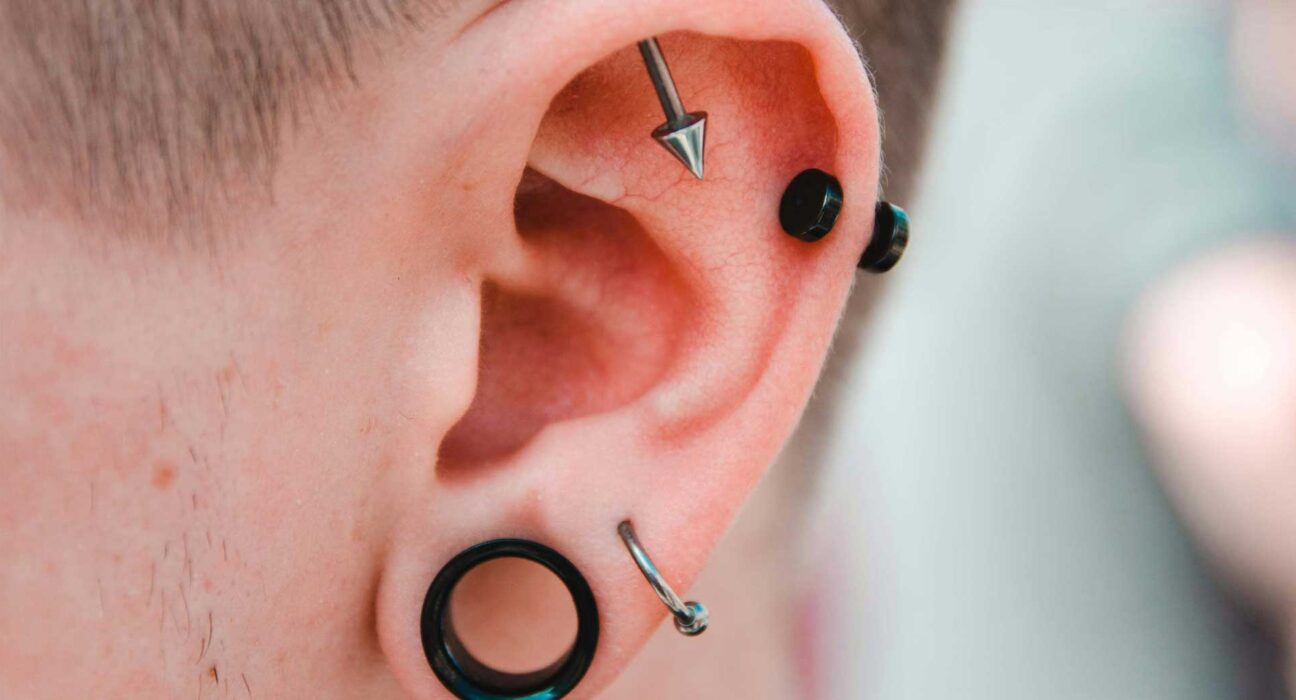Long Covid linked to Lasting Cognitive Issues
A recent study published in Brain reveals that individuals suffering from long-term COVID-19 may experience significant cognitive issues for over a year. Conducted during the first wave of the pandemic, the research compared patients with ongoing symptoms to those who had fully recovered. Read More...










